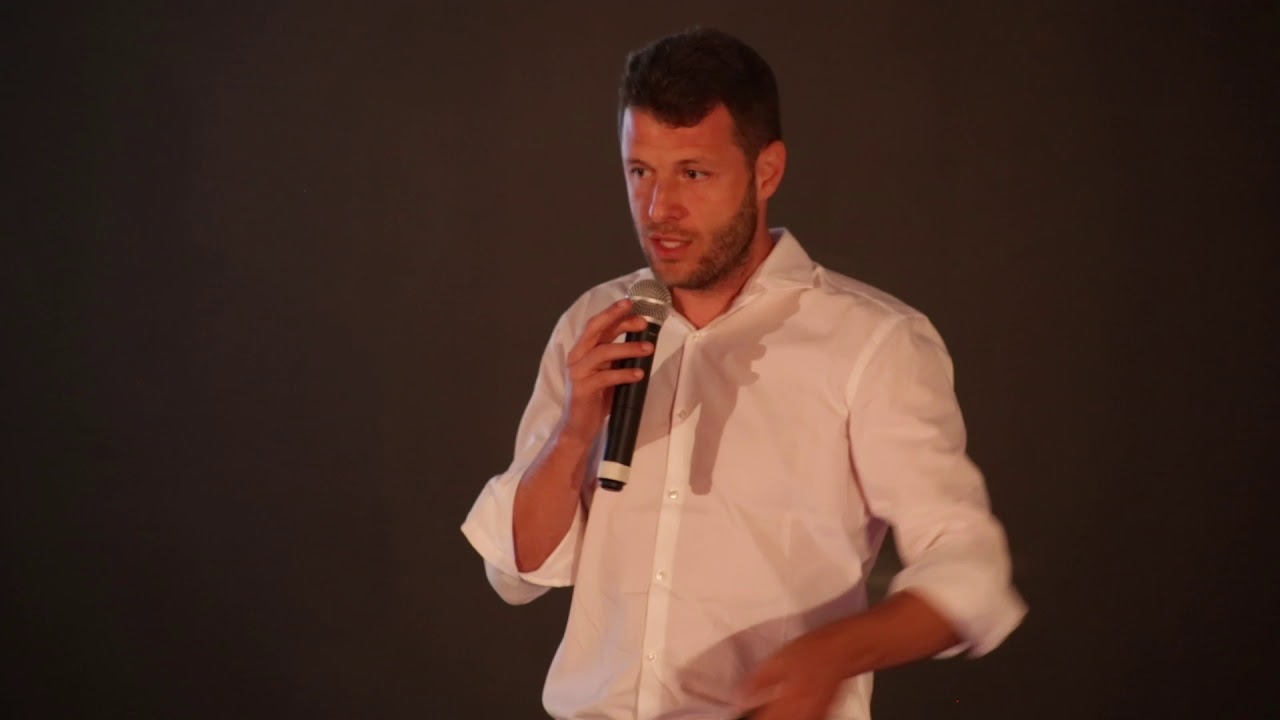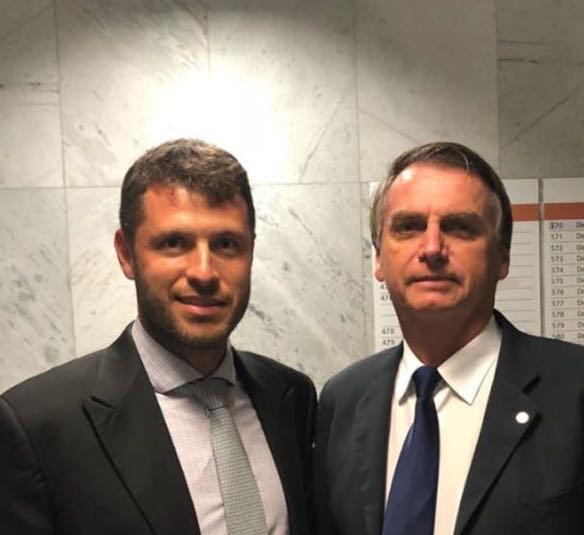RIO DE JANEIRO, BRAZIL – In Brazil the world of agribusiness has a brand new prominent businessman. In size indeed. Ricardo Faria, from Santa Catarina state, who at the beginning of last year created the grain company Terrus, has just signed the purchase of Insolo for R$ 1.8 billion (US$321 million).
Together, the companies have 120 thousand hectares of production area and should have a revenue of R$1 billion this crop year. Now, it takes 5th position in the ranking of the largest production areas in the country. Considering its size, it is behind the Bom Futuro Group leader, with 530 thousand hectares, followed by SLC Agrícola, Amaggi, and Scheffer, in that order.

The payment for the asset is practically all in cash since the acquired company has no significant debt, as told by Faria in an exclusive interview to EXAME IN.
The name of the combined company will be just Insolo, which already carries market recognition. “We will take advantage of the brand, which has been consolidated over the past 20 years.” Terrus started with farms in the so-called Matopi, a nickname given to the Maranhão, Tocantins, and Piauí states. And Insolo has units concentrated in Piauí.
Insolo belonged to a fund whose resources come from the endowment of Harvard University in the United States. Along with the company comes all the intelligence developed in natural defensives (fungi and bacteria), which are used in traditional defensives to protect the plantation.
Fazenda Ipê, with 35 thousand hectares and located in Piauí, has the largest area in the country integrally using this biological solution (12 thousand hectares). The acquisition still depends on the Administrative Council for Economic Defense (Cade) approval and will be sent for analysis tomorrow.
Faria grew up in agribusiness with long and fast strides. Until 2017, he owned the industrial laundry Lavebras, with 70% of the business – the other 30% belonged to businessman Edson Bueno, founder of the Amil Group. Earlier that year, in a R$1.3 billion transaction, he sold Lavebras to French company Elis.
According to him, the businessman then went into the field and started Granja Faria, today the largest egg producer in the country. He then went from a turnover of around R$180 million four years ago to R$785 million in 2020 and forecasts R$1.2 billion for 2021. The farm has 14 million birds.
Recently, he caused a frisson even in the gastronomic universe when he opened the restaurant Eggy in Itaim Paulista, where everything aims to highlight the brilliance of the main ingredient: the egg. Eggy aims at being close to the final consumer.
Faria’s movements call attention. But in the particular case of Insolo, as all the companies ahead of him in size belong to multiple owners, he can be considered the largest agricultural producer in Brazil individually since he is the exclusive owner of the grain company.
THE FUTURE
The purchase of Insolo has just been signed, and the plans have already been outlined. The first step will be to expand the plantation to 30 thousand hectares within the owned area. “The great beauty of this business is that we have already started with the forecast of expanding production by approximately 30% in the next full crop year,” he says, referring to the 2022/2023 production.
Besides the expansion, there is more news. Within four years, after studying the climate and soil in-depth, Faria intends to include cotton cultivation. One cannot forget that Lavebras’ past has given the entrepreneur a lot of knowledge of the textile chain, besides good relations.

“This crop has a great capacity for adding value, despite requiring more working capital. In the same planted area, it can make an income up to three times higher [than grain cultivation],” he explains.
“The Piauí plateaus are the best in the country in the combination between luminosity and precipitation [rain]”, says Faria. Besides, according to him, cotton is the one that best allows the farm to develop professionals because it requires more technical teams.
Faria is a symbol of the modernization that is taking place in the agribusiness sector, which is undergoing a revolution instigated by the explosion of techs in the country.
Some believe that they will be the “fintechs” of the future in terms of attention, the attraction of capital, and effect on the market.
Such change brings, at the same time, greater productivity, less use of chemical pesticides and fertilizers, and products with less environmental impact and healthier.
The entrepreneur’s goal is to ban chemical pesticides from 85% of his production in three years. In five years, altogether. For this, he will use the research area inside Insolo, which accompanies the application of biodefensive in several crops.
Besides this, it wants to expand the adoption of organic fertilizers, instead of the known – and controversial – chemical ones, to 40 thousand hectares already in the next harvest and keep growing.
When asked about related-party transactions between Granja Faria and Insolo, Faria makes a point of explaining that one is a client of the other – and they already were before the change of control. “The company’s production [Insolo] is used to feed poultry, pigs, and the cattle that go to the Brazilian table,” he points out. The farm supplies organic fertilizer and buys grain from Insolo.
And is an IPO, a public offering on the stock exchange, to add value to the company on the agenda, Ricardo? “No. We are going to bet on biotechnology,” he says, explaining that there is nothing on the radar for now.
Source: Exame

